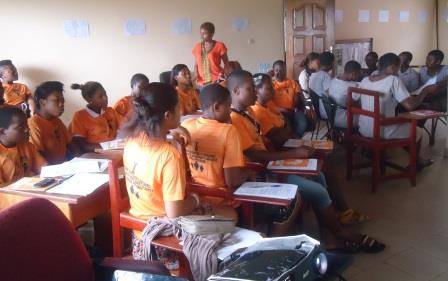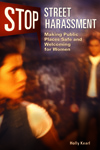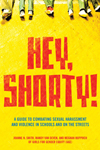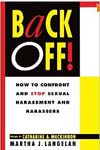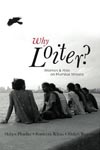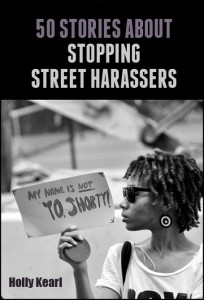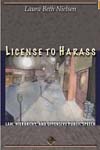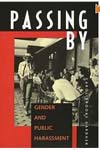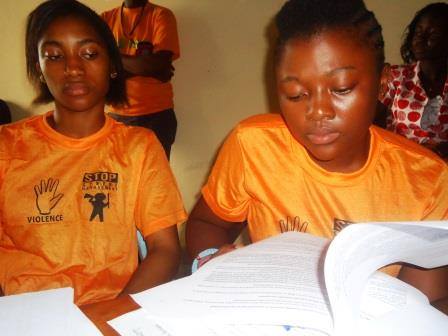 Zoneziwoh Mbondgulo, founder of Women for a Change Cameroon and Stop Street Harassment’s Safe Public Spaces Mentee in Cameroon, held a successful final event today. More than 20 youth (boys and girls, including several youth with hearing impairment) came together to talk about gender-based violence, gender equality, and street harassment in their communities. They all wore orange as part of the 16 Days of Activism Against Gender Violence.
Zoneziwoh Mbondgulo, founder of Women for a Change Cameroon and Stop Street Harassment’s Safe Public Spaces Mentee in Cameroon, held a successful final event today. More than 20 youth (boys and girls, including several youth with hearing impairment) came together to talk about gender-based violence, gender equality, and street harassment in their communities. They all wore orange as part of the 16 Days of Activism Against Gender Violence.
Zoneziwoh will write more about the event, but I wanted to post this quick note because I’m excited about how the event went and want to congratulate Zoneziwoh on her hard work!
